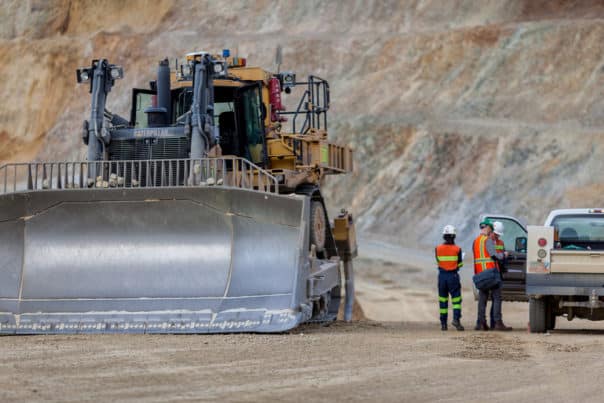Rio Tinto’s Kennecott copper site in Utah is set to get a sustainability makeover as the major prepares to replace its entire fossil diesel consumption with renewable diesel from 2024.
The fleet of 90 haul trucks and heavy machinery will begin the diesel transition in the first quarter of 2024, and will be joined by the concentrator, smelter, and refinery.
“Transitioning Kennecott completely to renewable diesel builds on a suite of decarbonisation initiatives that have reduced carbon emissions from the operation by 65 per cent since 2019,” Rio Tinto copper chief operating officer Clayton Walker said.
“This is an important next step in our commitment to finding new and better ways to reduce operational emissions, while producing materials essential to the global energy transition.”
The transition is set to reduce Kennecott’s Scope 1 carbon emissions by approximately 495,000 tonnes of CO2 equivalent per annum.
The renewable diesel will be made from renewable biogenic materials sourced in the US and will be supplied through the existing diesel supply chain as part of a continuing partnership between Kennecott and HF Sinclair.
“As a long-time supplier of Rio Tinto and a fellow operator in the Rocky Mountain region, we are pleased to support Rio Tinto’s sustainability journey with a low-carbon fuel made at our facilities,” HF Sinclair executive vice president, commercial Steven Ledbetter said.
“This is a great step demonstrating our continued progress to meet the evolving energy needs of our customers.”
Rio’s plan is to reduce Scope 1 and 2 carbon emissions of 50 per cent by 2030 and reach net-zero by 2050.
“Combined with Rio Tinto’s US Borax operation – which completed the full transition of its heavy machinery from fossil diesel to renewable diesel in May 2023 – this initiative would replace 11 per cent of Rio Tinto’s global fossil diesel consumption with renewable diesel,” Rio Tinto chief decarbonisation officer Jonathon McCarthy said.
“The use of drop-in fuel such as renewable diesel will allow Rio Tinto to reduce emissions in the short term, complementing ongoing work towards the commercial readiness of longer-term technical solutions such as battery electric haul trucks.”



